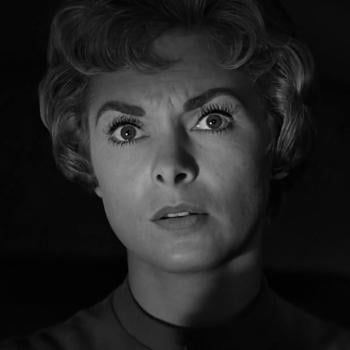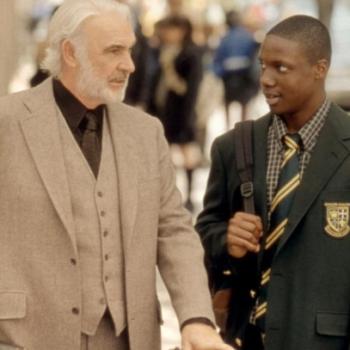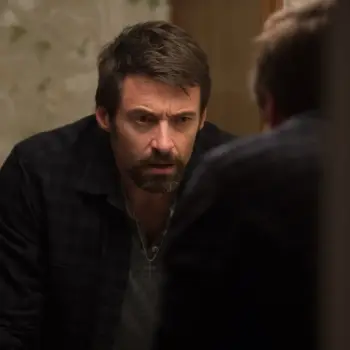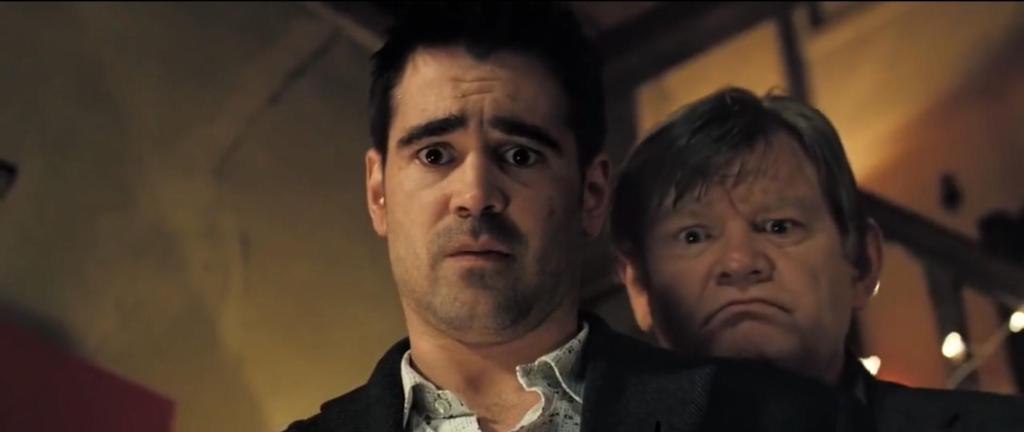
As we move from the blockbuster season toward that time when all the auteur pieces and Oscar hopefuls bleed into cinemas, I’ve already identified a few films I’m really excited to see. Chief among them being Martin McDonagh’s new film, The Banshees of Inisherin, which reunites the director with Collin Farrel and Brendan Gleeson, who made lightning in McDonagh’s 2008 film, In Bruges. Critic Tasha Robinson put it best when she described the film in her review: “When it’s funny, it’s hilarious; when it’s serious, it’s powerful; and either way, it’s an endless pleasant surprise.”
McDonagh has says he got the idea for In Bruges from his own experience visiting the city. He says he spent the first day absorbing the culture and beauty of the city, but by the second day his enthusiasm had evaporated. “I was bored and just wanted to get drunk and get out of the place.” McDonagh says he imagined those two parts of himself as separate characters, and the idea for his movie stemmed from wondering how two such individuals would ever find themselves stuck together in a city like Bruges.
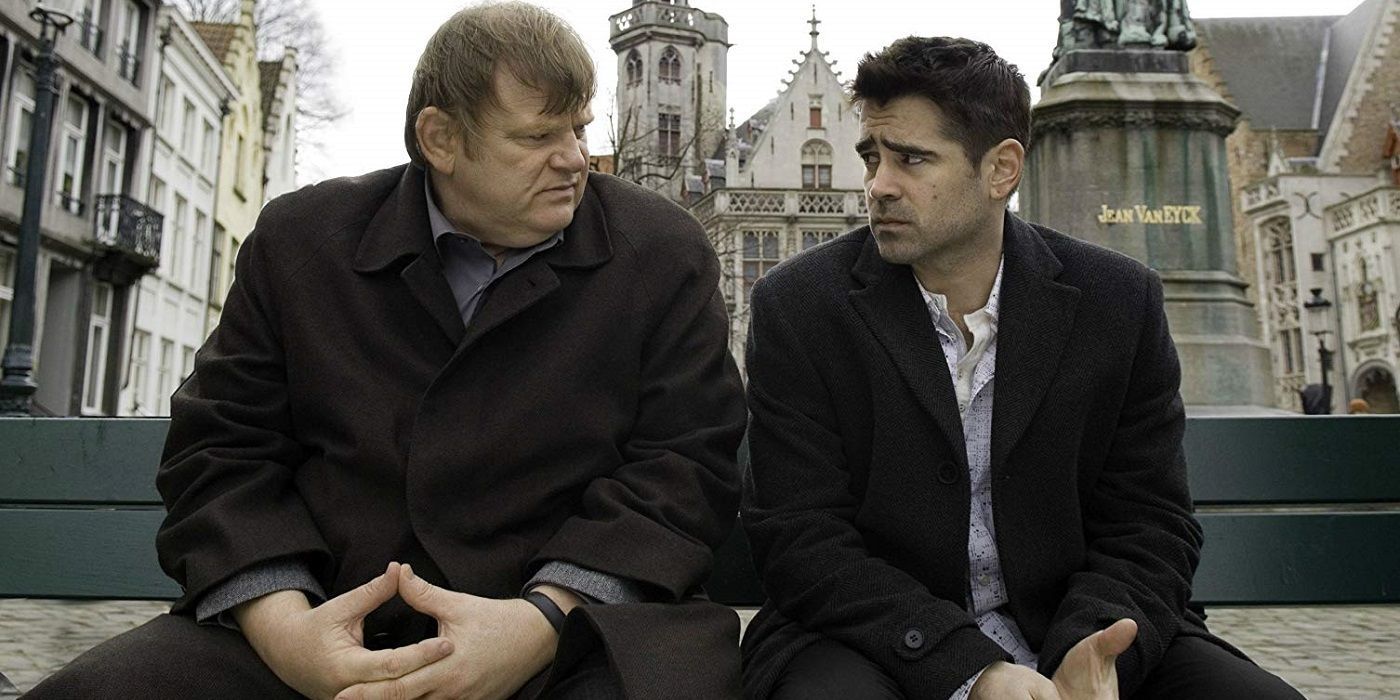
What McDonagh eventually landed on was the idea that these two people were hitman instructed to wait in the city for further directions after an assignment had gone horribly wrong. Ray, a rookie hitman, was sent to kill a priest, but an innocent child was a casualty of that assignment. Ray and his mentor, Ken, are then assigned to tread water in Bruges until they are given further instruction. Ken’s experience mirrors that of McDonagh on his first day in Bruges while Ray embodies the bottomless irritation he felt on that second day. Ray really just wants to get out the city.
Up front, the movie compares Ray’s experience in Bruges to a sentence in purgatory where he awaits judgment for his sins. (The movie really draws this connection. This is only barely subtext.) The overwhelming disinterest Ray feels for a city so steeped in history and art eventually reveals the root of Ray’s distress. Being submerged in a city so stuffed full of religious iconography forces Ray to confront the implications of what he’s done on a spiritual scale.

Though it was an accident, Ray is haunted by the death of the child. “Because of the choices I made, and the courses I put into action, that little boy isn’t here anymore. And he’ll never be here again.” And so Ray is left to deliberate what a person who has done something so terrible could possibly deserve. Maybe an eternity in Bruges is a small price to pay for an unpardonable sin.
The possibility of Ray’s own death presents itself as a possible solution to the guilt he feels. “That aint ever going away. Unless maybe I go away.” There’s even a plot point where Ray almost attempts suicide before Ken stops him at the last moment. Ken asserts, and the audience agrees, that he does not deserve to die.
Though Ray’s perpetual grumpiness makes him “about the worst tourist in the world,” he almost seems to lack the wrath or propensity for vengeance that might qualify one for damnation. His interactions with the other characters reveal him to be tad awkward perhaps, but genuinely good at heart (except to the occasional American tourist). Moreover, the intense guilt becomes a signifier of this goodness, proof that he is not a monster.
This itself poses all sorts of questions: if being wracked with guilt is what absolves one of sin, are we then to assume that the righteous person must always be awash in shame to secure in one’s goodness? I think not. Scriptural accounts of repentance frequently describe being a person being born again, and it’s a pity that we never get to see Ray experience this in the film.

But compare Ray’s wrestle with morality to that of Harry, Ray and Ken’s boss and the film’s antagonist. After Ray’s mistake, Harry assigns Ken to kill Ray, which of course Ken cannot do. When Ken refuses, Harry takes matters into his own hands. This culminates in the climactic city-wide shoot-out where he hunts Ray across Bruges.
Harry is able to rationalize himself out of feeling any reservation about taking a life because in his mind there is no sin in killing someone who breaks certain codes. He disregards Ken’s point that, “The boy has the capacity to change. The boy has the capacity to do something with his life.” Harry’s absolutist approach to morality comes back to bite him. When Harry mistakenly believes he has himself killed a child (he in fact shot a dwarf), he sticks to his principles and, despite Ray’s protests, kills himself, a capstone to the long line of needless death in this film.
The film is deliberately vague concerning whether Ray lives or dies at the end, and of his post-mortal destination. But the film leaves us understanding that a person like Ray deserves neither death nor hell. Whatever awaits Ray, we’re left hoping he finds release, if not from the hell of Bruges, then at least the hell of his own guilt.





